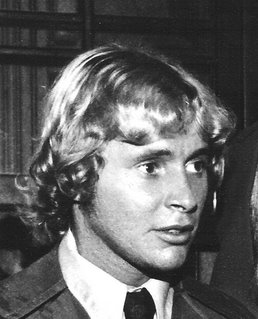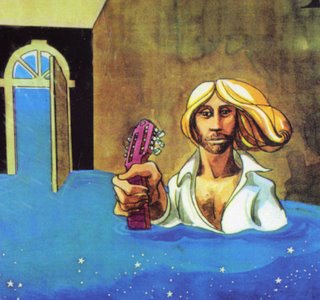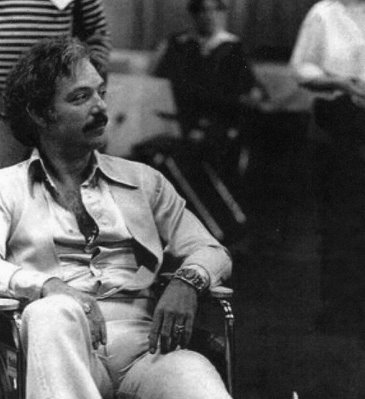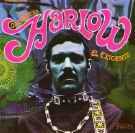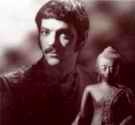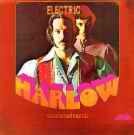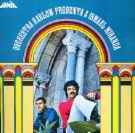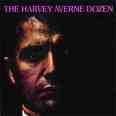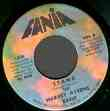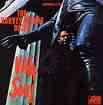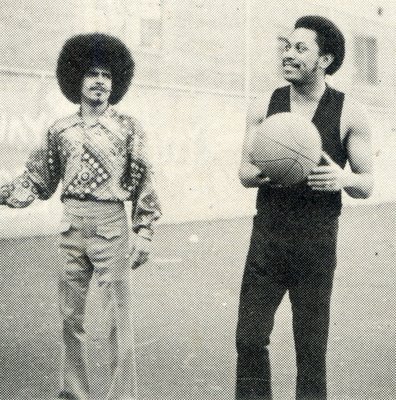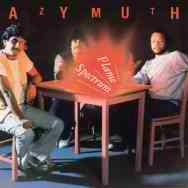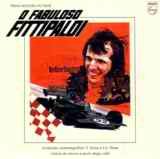The French Touch


Lets take a step back 30 or so years to analyse its homonymous during the 60’s / 70’s. The French sound is indisputably characteristic and it distinguishes itself musically in its Cinematic Sound as well as Library or simply on a Pop Jazz level in such that the French have always liked to experiment with electronic equipment along with acoustic instruments for realising very creative and innovative sounds. As we have already discussed in precedent issues the end of the sixties was a very fertile period for that regarding this kind of sound and it is just that on which I will be focusing by once again telling you about all that which I feel to be essential. Let’s start then with a few illustrious names… Vincent Geminiani was a French composer and sculpture who loved percussion, not intended as we intend it, but as a ‘sculpture instrument’, experimental and orchestral like, for example, ‘Le Brontè’, a kind of singular vibraphone created by him and used on many occasions, also requested by other composers. At the beginning of the seventies he created “Musique Pour Un Voyage Extraordinaire” that was nothing less that a musical comment abstract enough for a Shakespeare piece… a bit like Axelrod for William Blake.

In 1972 MPI (Musique Pour L’image), a transalpine label that specialised in post-scoring for the tv and radio, published some of his compositions amongst which a piece called “Orphis Le Serpentaire” that fully represented that which was the French sound of that period where everything was allowed and where culture, sound and style research seeped through. This song was contained on a piece of vinyl that included all of the pop experimentations of Gemiani from that period entitled ‘Modern Pop Percussion De Paris’ in which scat vocals mixed together with true bass ‘trips’, drums and ‘orchestral noises’, blossoming into beautiful pop pieces with very groovy and catchy rhythms. Another big name was Nino Nardini, a French composer of Italian origin who started his musical experience at a very early age because, just like Geminiani, he came from a family of musicians. Many of his best compositions tied to the sound in question are ‘available’ on Chappell (a French label that specialised in post-scoring music) and one of his pieces of work (re-pressed just as few years ago) that I would recommend is “Rotonde Musique” that was realised with the Pop Riviera Orchestra where the sound is very similar to that of the Mohawks but with a softer touch.. a ‘French Touch’ to be more precise.



In a previous Article I mentioned his masterpiece “Jungle Obsession”, an album to have at any cost because it represents and essential piece of musical history, I will talk again about it though for the motive I have just mentioned and also because it introduces another maestro who collaborated often with Nardini. They called themselves Roger Roger (Georges Teperino) and many of their works were helped along by Nardini for the Chappell label (the “Mood Music” volumes are proof of such…). Roger Roger were specialised in electronic amalgamated with knowledge giving, naturally, a French Touch to the orchestral parts as well as the grooves. Another pseudonym was Cecil Leuter with which was signed the masterpiece entitled “Pop Electronique”, a very rare piece of vinyl, already reviewed in ‘The Soul Beat’, that united pure electronic with pure groove! To finish off this focus on the ‘60’s French Touch’ I will cite a composer of Balkan origins who is also one of my favourites… this much sought after musician (musically of course) is Andy Lore (or Daniel White, Janko Nilovic), one of the maestro’s of Parisian library music. “Pop Impressions”, “Psich Impressions”, “Vocal Impressions”, “Pop Revolution”, “Ambience Et Rhymes” and many others are his pieces of work realised during the 60’s on labels such as Telemusic, Montparnasse 2000 and many others.
The sound of Nilovic was very unmistakable and had a certain baroque touch to it where scat vocals and orchestral parts (often abstract) were united to contemporary rhythms (60’s) and a pop jazz sound. For space reasons I have only told you about the most famous exponents of that which I define as the ‘60’s French Touch’ but many other composers and musicians have contributed to it also: names that often signed to soundtracks or post-scoring were Vladimir Cosma, Jack Arel, Dave Sucky, R. Guiot, Guy Pedersen, Francis Lay, Roland Vincent, Romauld and others. I will stop here… now its your turn to try and figure out the true origins of the ‘French Touch’. Aurevoire and.. peace now!

Labels: ALAN HAWKSHAW, alessio berto, axelrod, bossanova, cinedelic, vampisoul







